Python 3.9 new amazing features ?
Author: neptune | 26th-Jul-2023
Python 3.9 was released in October 2020 and comes with several new features that make coding easier and more efficient. In this response, we will take a closer look at some of the most notable changes.
Dictionary Union
One of the most exciting new features in Python 3.9 is the dictionary union operator. This feature merges two dictionaries and returns a new dictionary. If a key appears in both dictionaries, the value from the right-hand operand will be in the final dictionary.
For example:
>>> dict_1 = {'John': 100, 'Jonny': 200, 'David': 300}
>>> dict_2 = {'Elon': '500', 'Jonny': '400'}
>>> dict_1 | dict_2
Output: {'John': 100, 'David': 300, 'Elon': '500', 'Jonny': '400'}
Additionally, this feature also has an augmented assignment version, which is similar to the list += and list.extend methods. The augmented assignment accepts any iterable and not just dictionaries.
For example:
>>> dict_1 |= [('Olivia', 900)]
>>> dict_1
Output: {'John': 100, 'David': 300, 'Elon': '500', 'Jonny': '400', 'Olivia', 900}
It is important to note that the union operator only works with dictionary operands. If you try to use it with any other operand, it will throw a TypeError.
# Union will only work with dict operands.
>>> dict_1 | [('Olivia', 900)]
# Output: TypeError: can only merge dict (not "list") to dict
Furthermore, dict union is not commutative, meaning that the order of the operands will affect the outcome of the merged dictionary. This is because the last-seen value of a key will be the one that is retained in the final dictionary.
String methods to remove prefixes and suffixes
Python 3.9 comes with two new string methods, removeprefix() and removesuffix(), that remove prefixes and suffixes from a string if they are present.
For example:
>>> "NeptuneWorld".removeprefix("Nep")
Output: tuneWorld
>>> “NeptuneWorld”.removesuffix(“World”)
Output: Neptune
These methods also work in cases where you want to remove multiple copies of prefixes and suffixes. This is especially useful when dealing with strings that have a lot of unnecessary text at the beginning or end.
For example:
>>> s = "NeptuneWorld"
>>> s.removeprefix("Nep")
# Output: 'tuneWorld'
>>> s.removesuffix("World")
# Output: 'Neptune'
Type Hinting
Python is a dynamically typed language, meaning that you do not need to specify the variable type. However, since Python 3.5, you have been able to define the type of variables. In Python 3.9, you can see the type of variable that a function expects.
def fun_add(val: int):
return val + val
print(fun_add('Hi'))
TypeError: unsupported operand type(s) for +: 'int' and 'str'
In addition to this, Python 3.9 also introduced support for dictionary and tuple types in type hints.
For example:
def fun_add_dict(val: dict[str, int]):
return sum(val[dict_key] for dict_key in val)
fun_add_dict({“one”:1, “two”:2})
Output: 3
Speed Improvements
Python 3.9 has improved the speed of several built-in functions, including range(), tuple(), set(), frozenset(), list(), and dict(), using vectorcall. Vectorcall is a new calling convention that reduces the cost of calling C functions from Python, resulting in faster execution.
Here is an example of using the improved range() function:
from timeit import timeit
>>> timeit('for i in range(1000000): pass', number=1000)
0.0437114
>>> timeit('for i in range(0, 1000000): pass', number=1000)
0.03530880000000002
>>> timeit('for i in range(0, 1000000, 1): pass', number=1000)
0.04036579999999999
As you can see, the new implementation of range() is faster than the old implementation, especially when using a step parameter.
Conclusion
Python 3.9 brings several new features and improvements, including dictionary union, string methods to remove prefixes and suffixes, type hinting, and speed improvements for built-in functions. These features are aimed at making Python programming more efficient and easier to read, which can ultimately lead to better code quality and productivity. However, it's important to note that Python 3.9 is still in the development phase and is not recommended for production environments.
#JavaScript #AI #Python #Hackerrank #Motivation #React.js #Interview #Testing #SQL #Selenium #IT #LeetCode #Machine learning #Problem Solving #AWS #API #Java #GPT #TCS #Algorithms #Certifications #Github #Projects #Jobs #Django #Microservice #Node.js #Google #Story #Pip #Data Science #Postman #Health #Twitter #Elon Musk #ML
 How to extract Speech from Video using Python?
How to extract Speech from Video using Python?Author: neptune | 16th-Jun-2023
#Python #Projects
Simple and easy way to convert video into audio then text using Google Speech Recognition API...
 How to download video from youtube using python module ?
How to download video from youtube using python module ?Author: neptune | 15th-Jun-2023
#Python
We will let you know how you can easily download the Youtube high quality videos along with subtitle, thumbnail, description using python package..
 Deploy Django project on AWS with Apache2 and mod_wsgi module.
Deploy Django project on AWS with Apache2 and mod_wsgi module.Author: neptune | 18th-May-2024
#Python #Django
In this blog I use the AWS Ubuntu 18.22 instance as Hosting platform and used Apache2 server with mod_wsgi for configurations. We create a django sample project then configure server...
 Best Python package manager and package for virtual environment ?
Best Python package manager and package for virtual environment ?Author: neptune | 18th-Jun-2023
#Python #Pip
We will explore the options of Pip, Virtualenv, Anaconda, and also introduce Pyenv as a helpful tool...
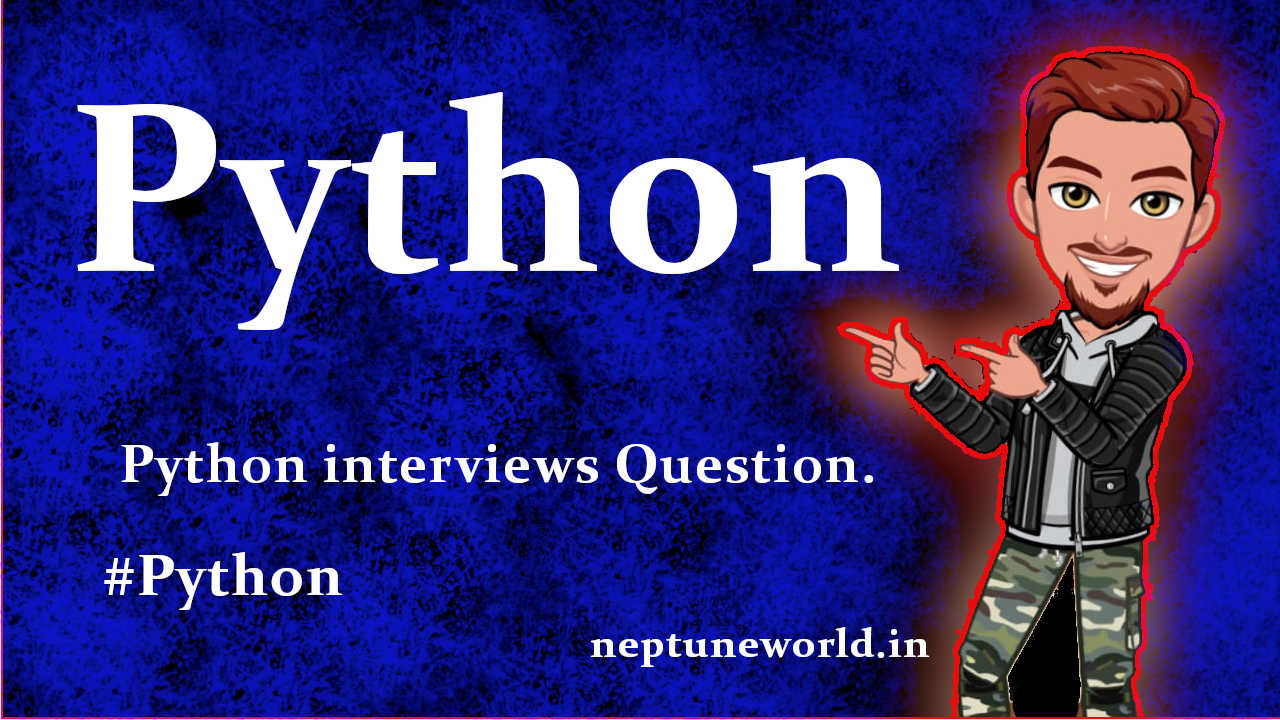 Mostly asked Python Interview Questions - 2023.
Mostly asked Python Interview Questions - 2023.Author: neptune | 30th-May-2023
#Python #Interview
Python interview questions for freshers. These questions asked in 2022 Python interviews...
 Core Python Syllabus for Interviews
Core Python Syllabus for InterviewsAuthor: neptune | 26th-Jul-2023
#Python #Interview
STRING MANIPULATION : Introduction to Python String, Accessing Individual Elements, String Operators, String Slices, String Functions and Methods...
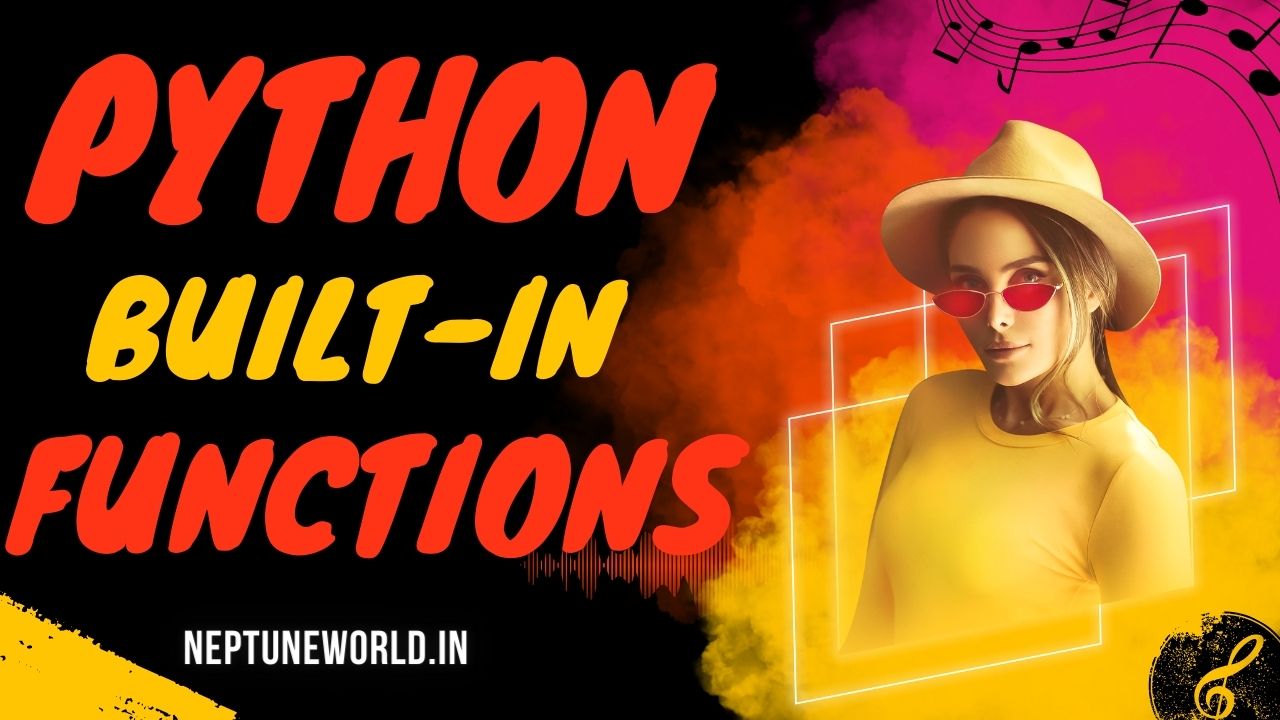 Python Built-in functions lambda, map, filter, reduce.
Python Built-in functions lambda, map, filter, reduce.Author: neptune | 15th-Jun-2023
#Python
We are going to explore in deep some important Python build-in functions lambda, map, filter and reduce with examples...
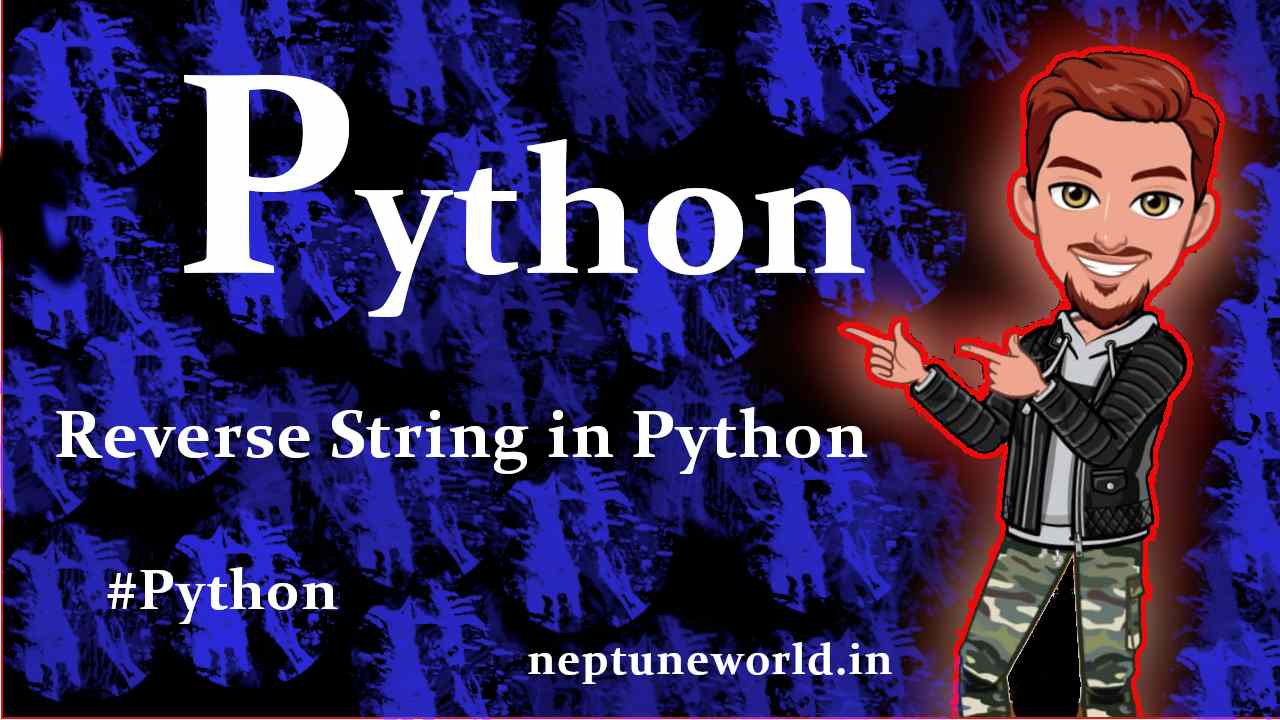 How to reverse string in Python ?
How to reverse string in Python ?Author: neptune | 16th-May-2022
#Python
We are going to explore different ways to reverse string in Python...
 10 Proven Ways to Earn Money Through Python
10 Proven Ways to Earn Money Through PythonAuthor: neptune | 11th-Apr-2023
#Python
Python offers numerous earning opportunities from web development to teaching, data analysis, machine learning, automation, web scraping, and more...
 5 Languages that Replace Python with Proof
5 Languages that Replace Python with ProofAuthor: neptune | 13th-Apr-2023
#Python
Julia, Rust, Go, Kotlin, and TypeScript are modern languages that could replace Python for specific use cases...
 Building a Simple Chatbot with Python and openpyxl
Building a Simple Chatbot with Python and openpyxlAuthor: neptune | 25th-Jun-2024
#Python #Projects
This chatbot reads questions and answers from an Excel file and provides responses based on user input...
 Monkey Patching in Python: A Powerful Yet Controversial Technique
Monkey Patching in Python: A Powerful Yet Controversial TechniqueAuthor: neptune | 01st-Aug-2023
#Python
Monkey patching in Python is a dynamic technique to modify code at runtime. It can add/alter behavior, but use it judiciously to avoid maintainability issues...
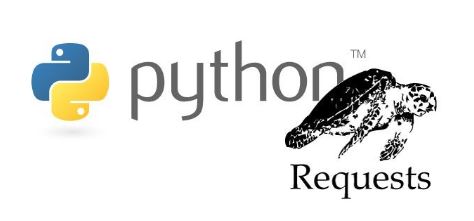 Best Practices for Managing Requests Library Sessions When Interacting with Multiple APIs ?
Best Practices for Managing Requests Library Sessions When Interacting with Multiple APIs ?Author: neptune | 22nd-Aug-2024
#Python
When working with Python's `requests` library, managing sessions is crucial, especially when your application interacts with multiple APIs...
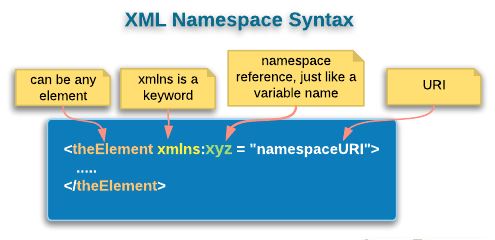 How to Ensure Proper Namespace Handling in XML with Python's lxml Library
How to Ensure Proper Namespace Handling in XML with Python's lxml LibraryAuthor: neptune | 01st-Jul-2024
#Python
By using `lxml`, you can effectively manage XML namespaces and ensure that your XML structure remains intact during updates...
 How to Update XML Files in Python?
How to Update XML Files in Python?Author: neptune | 01st-Jul-2024
#Python
Handling XML files in Python is straightforward with the `xml.etree.ElementTree` module...
View More